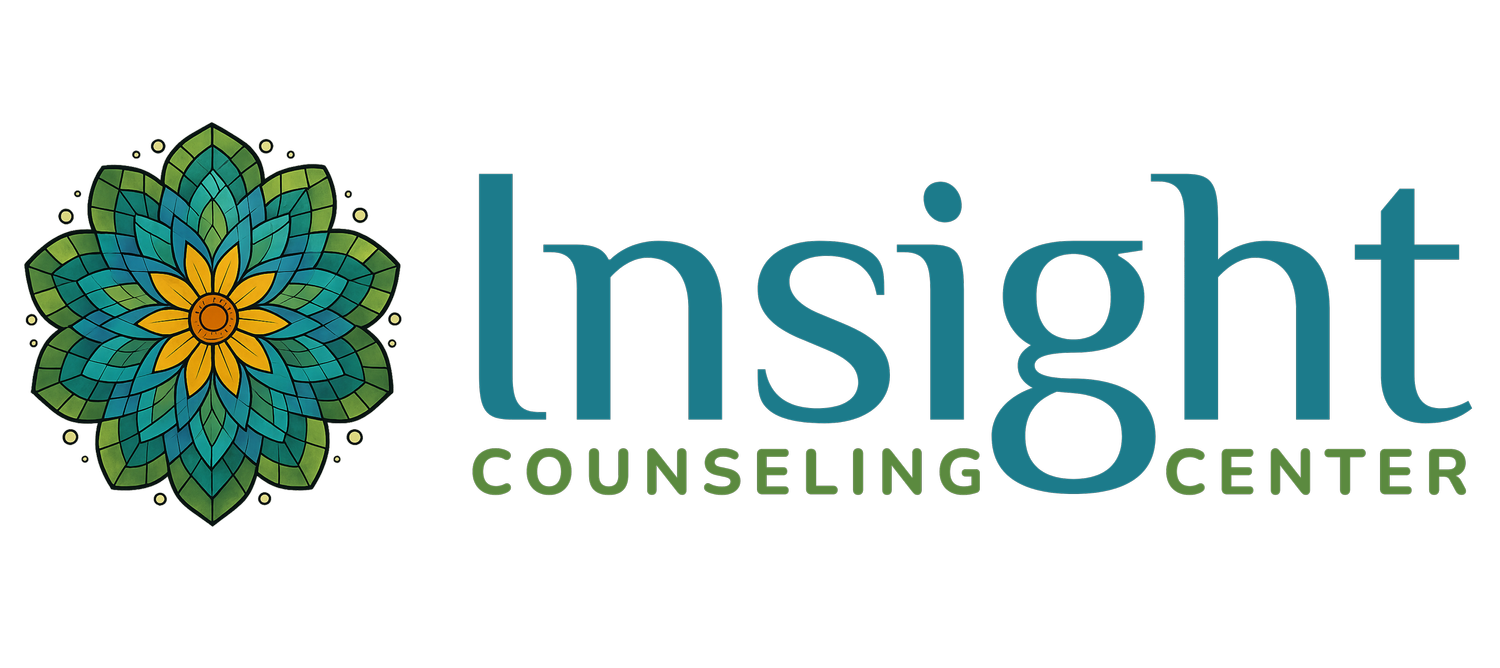Finding Healing After Trauma
Trauma is a distressing experience that can have long-lasting effects on an individual's mental health and well-being. Traumatic events can range from physical or emotional abuse to natural disasters, accidents, or loss of loved ones. Coping with trauma can be a challenging process, but there are strategies and techniques that individuals can use to help manage their symptoms and regain a sense of control in their lives.
The first step in coping with trauma is to acknowledge and accept that what happened was traumatic. It is important to understand that everyone reacts differently to trauma, and there is no right or wrong way to feel or respond. Some individuals may experience flashbacks, nightmares, anxiety, or depression, while others may withdraw from social situations or experience physical symptoms such as headaches or stomach aches
Once an individual has acknowledged the trauma, the next step is to seek professional help. A therapist or counselor can provide support and guidance on how to manage symptoms, develop coping strategies, and process the trauma. Therapies such as cognitive-behavioral therapy, eye movement desensitization and reprocessing (EMDR), or exposure therapy may be recommended depending on the individual's needs and preferences.
In addition to therapy, there are several self-care techniques that individuals can use to help cope with trauma. These include:
1. Engage in physical activity: Exercise can help reduce symptoms of anxiety and depression and improve overall mental health. Activities such as yoga, walking, or running can also help individuals feel more connected to their bodies and reduce feelings of dissociation.
2. Practice relaxation techniques: Deep breathing, progressive muscle relaxation, and meditation can help reduce feelings of stress and anxiety.
3. Connect with others: Talking to friends or family members, joining a support group, or participating in community activities can help individuals feel less isolated and provide a sense of belonging.
4. Express feelings through art or writing: Drawing, painting, or writing can be a therapeutic way to express difficult emotions and process the trauma.
5. Practice self-compassion: It is important to be kind to oneself during the healing process. Individuals can practice self-compassion by speaking to themselves in a kind and understanding manner and acknowledging that healing takes time.
6. Avoid unhealthy coping mechanisms: Substance abuse, self-harm, or other unhealthy coping mechanisms may provide temporary relief, but they can ultimately worsen symptoms and delay the healing process.
Coping with trauma can be a long and challenging process, but with the right support and strategies, individuals can learn to manage their symptoms and regain a sense of control in their lives. It is important to remember that healing is a journey and that there is no right or wrong way to heal. With time, patience, and self-compassion, individuals can learn to live a fulfilling life after trauma.

